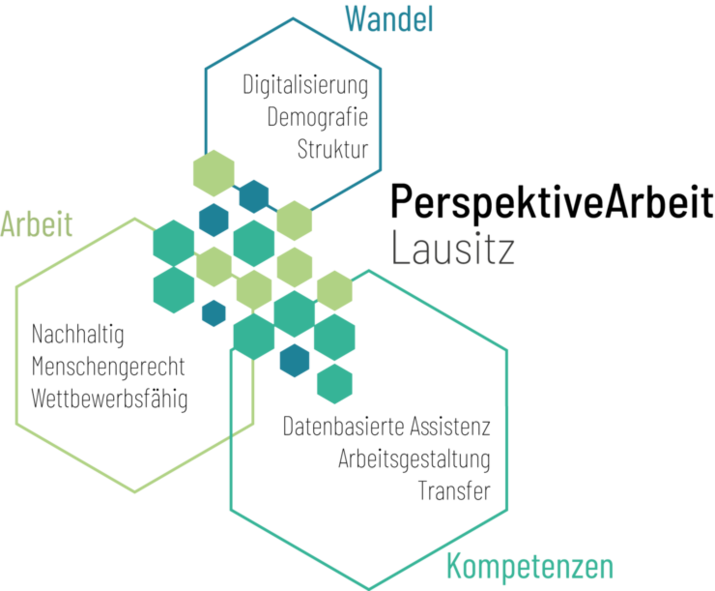Rethinking the shortage of skilled workers - revolutionizing induction and training processes with AI assistance systems
| Begin |
17. December 2024 -
14:00 Uhr |
| End | 17. December 2024 - 19:00 Uhr |

In many industries, the "state of the art" changes so quickly that the logic of the training occupation - which you "have learned once" - and then "can do" reaches its limits. The training content of industrial mechanics often becomes outdated in many practical areas of application during the training process.
Internationally, companies are therefore increasingly emphasizing the ability to quickly familiarize themselves with ongoing processes and very specific skills rather than formal qualifications. This practice, known as "skill-based hiring", is particularly common in the areas of product development, production, AI and sales (Ehlinger & Stephany, 2023).
Instead of finding the "right qualified" person for narrowly defined areas of activity, the trend in HR development is to identify the skills potential of employees and use them optimally for the value creation process.
Competence is understood as the ability to act in a self-organized and pragmatic manner in order to be successful in unpredictable and complex situations. It is therefore not primarily about specialist knowledge, but about the willingness and ability to quickly recognize, acquire and apply relevant knowledge in different contexts.
Our workshop offers you the ideal platform to find out how you can identify and/or further develop the skills requirements of your (future) employees that are crucial for your company - within the framework of your company's value creation processes.
We will also show you how you can achieve faster and more flexible induction cycles through the use of AI assistance systems.
The use of AI in personnel development enables personalized learning paths and tailor-made training programs that meet the individual needs of employees. This leads to more efficient and effective learning processes (Maity, 2019).
Objectives of the workshop are:
What are skills requirement profiles useful for?
Competence includes the following sub-areas:
Focal points in the process:
Conclusion: The workshop offers entrepreneurs the opportunity to learn about the latest trends and developments
in the field of personnel and skills development and to develop practical strategies to
successfully meet the challenges of the modern working world.
Workshop structure:
Target groups: manufacturing companies
Format: Impulse workshop
Contact/lecturer: David Sauer d.sauer(at)hszg.de
Projects: Perspektive Arbeit Lausitz (PAL)
Tuesday, December 17, 2024 2:00 p.m. - 7:00 p.m.
Görlitz
The underlying project is funded by the Federal Ministry of Education and Research under the funding code 02L19C329.
01.10.2023–31.10.2026

